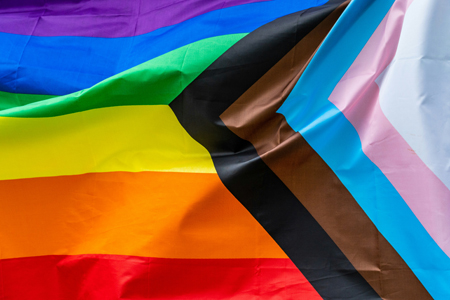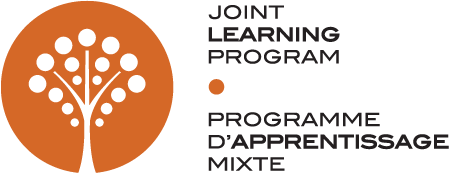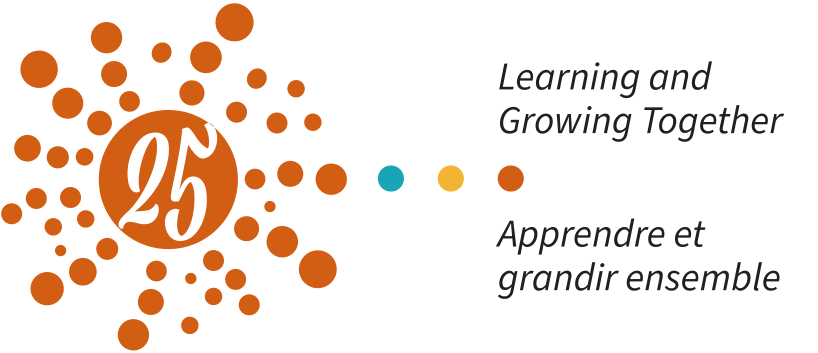May 17 – International Day Against Homophobia, Biphobia and Transphobia
On May 17, 1990, the World Health Organization (WHO) declassified homosexuality as a mental illness. In 2004, this day was chosen as the Day Against Homophobia, Transphobia and Biphobia, in part to recognize the significance of the WHO’s declaration in 1990.
 This day is largely intended to spotlight the violence and discrimination experienced by lesbian, gay, bisexuals, transgender, intersex people and all other people with diverse sexual orientations, gender identities or expressions, or sex characteristics.
This day is largely intended to spotlight the violence and discrimination experienced by lesbian, gay, bisexuals, transgender, intersex people and all other people with diverse sexual orientations, gender identities or expressions, or sex characteristics.
Canada’s legacy of mistreatment of 2SLGBTQIA+ is long and well documented.
In the 1950s, a Carleton University professor created the Fruit Machine, designed to identify gay men by tracking their bodily responses to erotic gay imagery. Through the following two decades, it was used to identify suspected homosexuals in the civil service, resulting in the destruction of public-service employees’ careers. The Fruit Machine was only completely retired in the 1990s.
Egale Canada submitted the Gross Indecency Report to the Canadian Government in 2016, recommending the Canadian government issue a formal apology for the criminal persecution, job loss, ineligibility for pensions and dishonourable discharge from the military spearheaded in part by the use of the Fruit Machine. Prime Minister Justin Trudeau and all party leaders offered an official apology in 2017 for the discrimination and persecution perpetrated by the government against people suspected of homosexuality.
Today, the Public Service Pride Network celebrates Pride among Canadian federal public-service employees. Its stated mission is “to build a workplace where every employee feels valued, respected, and empowered to contribute fully, ensuring that the federal public service is a model of inclusion and equity.” It does this through networking, mentorship, events and agitating for systemic change within the public service.
The Joint Learning Program’s in-person workshops and virtual discussions invite deeper dives into social, personal, and structural stigma and discrimination, the subtle forms they can take in the workplace, and how we can be aware of and combat these types of discrimination.
The JLP is proud to help foster a diverse and discrimination-free public service.
Photo by chris robert on Unsplash.com

